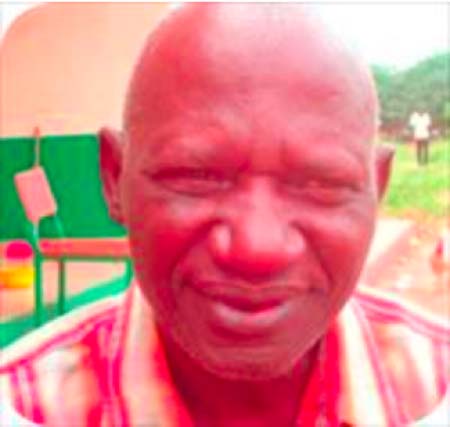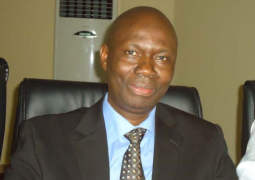
In delivering the welcome remarks, the project coordinator of GCAV, Falalo Touray, said the main objective of the baseline study for the GCAV was to identify, collect, describe and analyse baseline values for specific indicators pertinent to the project results and framework, which would serve as a benchmark for assessing project outputs, outcomes and impacts on beneficiaries in the project intervention areas.
Mr Touray said the two interlinked surveys were carried out in the Central River Region of North and South, the West Coast Region, and North Bank Region.
In the WCR and NBR, he added, the survey focused on farmers engaged in vegetable and mango production, whilst in CRR/N & CRR/S the focus was on rice producers.
He challenged the participants to critically look at the document and map out the way forward to make good and key recommendations to ensure the document meets expectations.
In his official opening statement, the permanent secretary number 2 at Ministry of Agriculture, Sherifo Bojang, revealed that the GCAV is one of the six projects currently be implemented under the Ministry of Agriculture.
GCAV is a five-year project of D27 million funded by the World Bank and the Gambia government, PS Bojang reminded the gathering.
He added that the project, among other things, envisages increasing production and productivity of selected commodities such as rice, vegetables and mangoes that are important for the attainment of food and nutrition security, as well as poverty reduction as envisaged in the GNAIP and Vision 2016.
The baseline survey was commissioned as part of the Monitoring and Evaluation system of the GCAV project, he said.
The baseline has two main goals, he added. One, he said, is to provide information necessary to guide the project implementation with reference to partnership, resource allocation, engagement and capacity building.
The other one is to provide a benchmark on the current status quo with specific reference to the set goals, objectives, and indicators the project was designed to achieve.
“Critical among this is that by 2019, the project would increase the production of rice by up to 46,000 tonnes, increase yield by 100 per cent from the current estimates of 1 ton\hectare,” he explained.
PS Bojang said further that the baseline survey midterm review project completion report and impact evaluation are very important interconnected documents to always refer to throughout the lifespan of the project.
He thanked Toumani Consulting for conducting the baseline survey, and commended the management of GCAV for the performance.
PS Bojang encouraged the participants to do justice to the document in the validation process, so as to map a good way forward.


